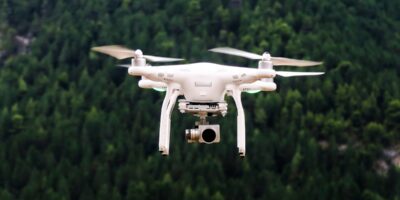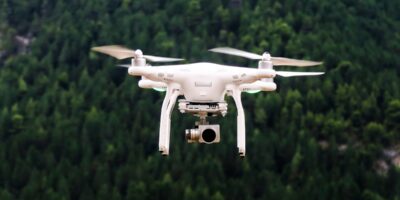
Drone Certification Exam Tips
The drone certification exam is an essential step for any aspiring drone pilot. It’s crucial to study and prepare thoroughly. Understanding the rules, regulations, and practical aspects of flying drones can make the exam less daunting.
Understand the Regulations
The Federal Aviation Administration (FAA) sets specific guidelines that must be adhered to. These regulations include operational limitations, prohibited airspace, and the need for a Remote Pilot Certificate. Familiarizing yourself with Part 107 rules is crucial. The exam will test your knowledge on these subjects.
Study the Knowledge Areas
The test covers various topics. These include:
- Airspace classifications and operating requirements
- Weather effects on drones
- Drone maintenance
- Emergency procedures
- Loading and performance
Reviewing these areas can help you become well-rounded in drone operations.
Airspace Classifications
Understanding airspace classifications is fundamental. These classifications range from Class A to Class G. Each class has its rules and restrictions. Additionally, knowing how to read aeronautical charts will assist in identifying these classifications under different conditions.
Impact of Weather
Weather can significantly affect drone performance. Understanding how temperature, humidity, and wind affect your drone is essential. The exam will ask questions about weather patterns and how to interpret weather reports.
Maintenance Knowledge
Regular maintenance ensures safety and longevity. Knowing how to troubleshoot and fix common issues is vital. The exam may include questions about preventing and addressing drone malfunctions.
Emergency Procedures
Sometimes things go wrong. You must know what to do in case of an emergency. Familiarity with emergency procedures can help mitigate risks. The exam assesses your ability to handle unexpected situations safely.
Use Online Resources
Several online resources can assist with studying. Platforms such as the FAA website, YouTube channels, and online courses offer valuable information. Interactive quizzes and practice exams can also aid in preparation.
Join a Study Group
Studying with others can provide additional support. Join a study group or online forum. Engage in discussions, share resources, and review each other’s knowledge. A collaborative approach can enhance learning.
Practical Experience
Theoretical knowledge is critical, but so is practical experience. Flying your drone regularly helps you understand its behavior and operations. Experience in different environments and conditions will increase your confidence.
Time Management
Managing your study time effectively is crucial. Create a study schedule that covers all topics. Allocate more time to areas where you feel less confident. Consistency in studying will ensure you are well-prepared by exam day.
Practice Test-Taking Strategies
Familiarize yourself with the format of the exam. Practice multiple-choice questions similar to those on the test. Read each question thoroughly and look for keywords. Eliminating incorrect answers can increase your chances of selecting the right one.
Day Before the Exam
Avoid cramming the night before. Instead, review key points and ensure all necessary documents and identification are ready. Get a good night’s sleep to stay alert and focused during the test.
Healthy Routine
Maintaining a healthy routine, including regular exercise and good nutrition, can improve cognitive function. Staying hydrated and relaxed will help you concentrate better during your study sessions and on exam day.
Test Day Tips
Arrive at the testing center early. Bring all required documents and identification. During the test, stay calm and confident. Read each question carefully and take your time to answer. Review your answers if you have extra time.
Reflect and Learn
After the exam, reflect on your preparation process. Identify areas for improvement for future reference or additional certification attempts. Continuous learning is an essential aspect of being a proficient drone pilot.
Summary
Passing the drone certification exam requires a combination of theoretical knowledge, practical experience, and effective study habits. Use available resources, manage your study time well, and approach the test confidently.
“`



